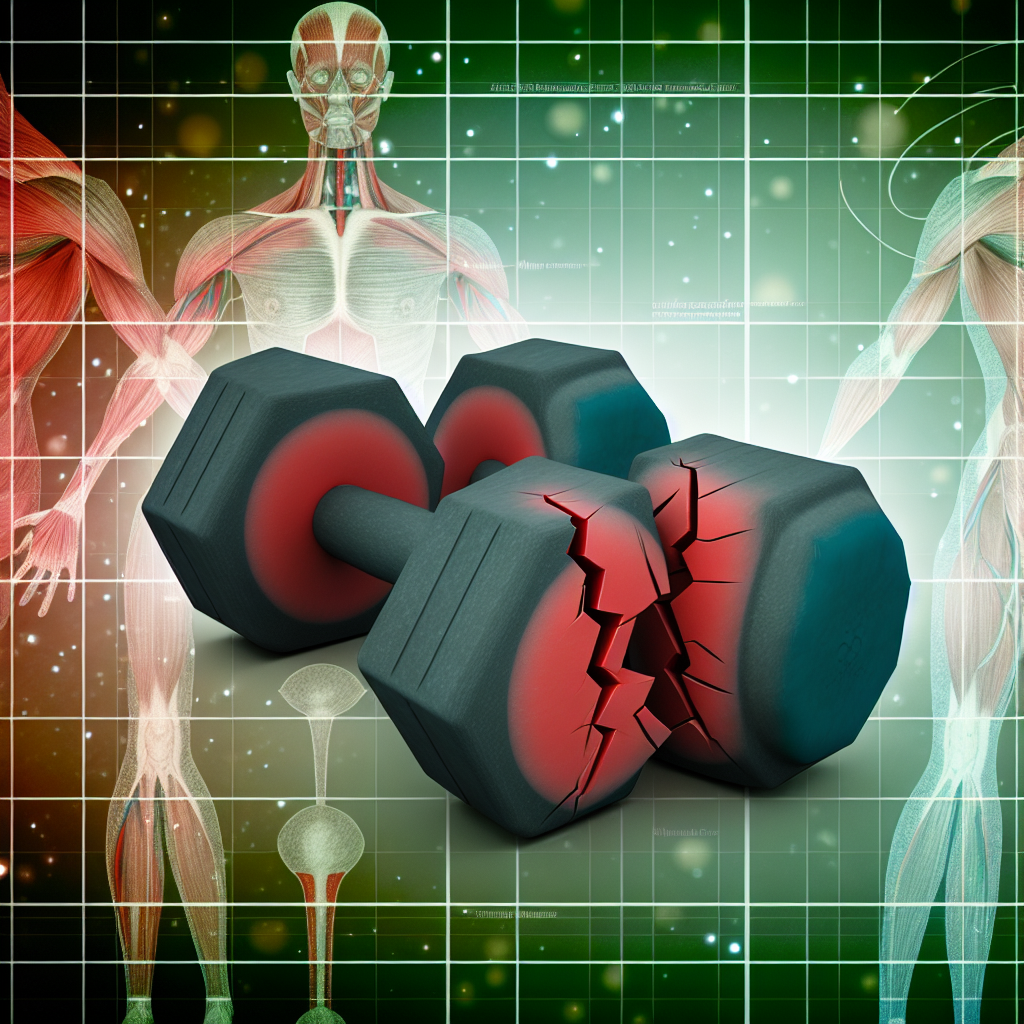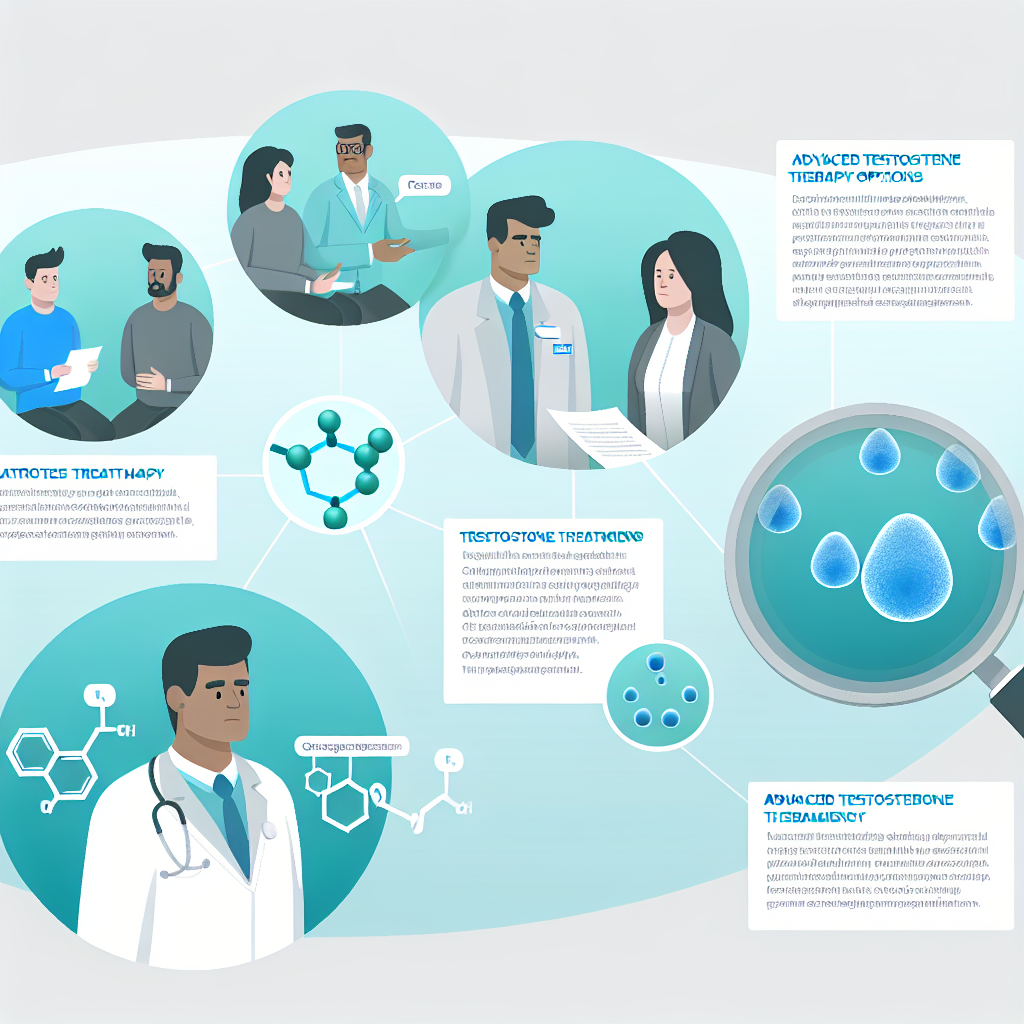Sexual Health After Prostate Surgery: What You Need to Know
Introduction
Prostate surgery is a common procedure to treat prostate cancer and other prostate conditions. While these surgeries can be life-saving, they often raise significant concerns about sexual health, especially for men in their late 40s and beyond. Understanding what to expect and how to navigate sexual recovery can be empowering.
Sexual dysfunction, including erectile dysfunction (ED), reduced libido, and changes in orgasmic sensation, is common after prostate surgery, especially for men who undergo radical prostatectomy (RP). This procedure involves the removal of the prostate gland and surrounding tissues, which can sometimes damage the nerves and blood vessels responsible for erections. Other treatments, such as radiation therapy or hormone treatment, may also contribute to changes in sexual performance and desire.
Advancements in medical techniques have significantly improved outcomes for many men. Nerve-sparing prostatectomy, for instance, aims to preserve the delicate nerves responsible for erections, increasing the chances of returning to normal function over time. Additionally, post-surgical rehabilitation, including medications, penile rehabilitation therapies, and lifestyle changes, can play a crucial role in helping men regain confidence and intimacy.
Another crucial aspect of post-surgical sexual health is understanding that recovery is a gradual process. Many men report improvements in erectile function over the course of 6 months to 2 years after surgery. Patience, communication with a healthcare provider, and a proactive approach to rehabilitation can greatly improve post-surgical sexual experiences.
Beyond physical changes, emotional and psychological factors also play a role in sexual well-being. Anxiety, stress, and self-esteem issues can arise after prostate surgery, affecting the ability to enjoy intimacy. Open discussions with a partner and seeking professional guidance from therapists or medical specialists can be highly beneficial in addressing these concerns.
In this article, we will explore the latest research on sexual health after prostate surgery, available treatment options, and practical strategies to reclaim sexual function. We will also discuss emotional well-being and how men can maintain intimacy despite the changes brought on by prostate surgery. With the right information and support, many men can enjoy satisfying sexual health post-surgery.
The Impact of Prostate Surgery on Sexual Health
Sexual dysfunction is one of the most common concerns following prostate surgery. Many men experience issues such as erectile dysfunction (ED), reduced libido, and changes in orgasmic sensation. One of the primary reasons for ED after surgery is nerve damage. The delicate nerves around the prostate play a crucial role in achieving and maintaining erections.
Not all prostate surgeries lead to the same degree of sexual dysfunction. A nerve-sparing prostatectomy, when feasible, can help maintain erectile function. However, even with nerve-sparing techniques, some degree of ED is still possible, though it may improve with time and rehabilitation efforts.
Breakthrough Medical Studies on Post-Surgical Sexual Recovery
Numerous medical studies have examined the effects of prostate surgery on sexual health and explored strategies for recovery. Research has primarily focused on erectile dysfunction, nerve-sparing techniques, penile rehabilitation, and psychological interventions to improve post-surgical sexual function.
Key Findings from Medical Research
– Higher Success Rates with Nerve-Sparing Surgery: A study published in the *New England Journal of Medicine* found that approximately 60–80% of men experience ED after radical prostatectomy. However, those who underwent nerve-sparing surgery had significantly better outcomes in the long term ([NEJM Study](https://www.nejm.org)).
– PDE5 Inhibitors Aid in Recovery: Research in *European Urology* indicated that men who used phosphodiesterase type 5 (PDE5) inhibitors, such as sildenafil (Viagra) or tadalafil (Cialis), shortly after surgery experienced better erectile function recovery over time ([European Urology Study](https://www.europeanurology.com)).
– Vacuum Erection Devices Promote Healing: *The Journal of Sexual Medicine* reported that men who incorporated vacuum erection device (VED) therapy after surgery were more likely to regain spontaneous erections than those who did not ([Journal of Sexual Medicine](https://www.jsm.jsexmed.org)).
– Testosterone Therapy as a Potential Solution: The *Journal of Clinical Oncology* suggests that for some men experiencing severe libido loss, testosterone replacement therapy (TRT) may be beneficial under strict medical supervision ([Journal of Clinical Oncology](https://ascopubs.org/journal/jco)).
– Psychological Support Enhances Sexual Satisfaction: A study in *Psycho-Oncology* revealed that men who engaged in counseling, whether individually or with their partner, reported greater satisfaction in their post-surgical sexual lives ([Psycho-Oncology Study](https://onlinelibrary.wiley.com/journal/10991611)).
Effective Strategies to Regain Sexual Function
Recovering sexual function after prostate surgery is a process that requires patience, persistence, and a proactive approach. Several treatment options and lifestyle adjustments can help.
1. Try PDE5 Inhibitors
Prescription medications like Viagra, Cialis, and Levitra can improve blood flow to the penis and assist in faster recovery after surgery. Consulting with a doctor for appropriate prescription and dosage is crucial.
2. Consider Penile Rehabilitation
Engaging in penile rehabilitation exercises can promote healing and prevent long-term erectile dysfunction. Strategies include using vacuum erection devices (VEDs), PDE5 inhibitors, and penile injections.
3. Explore Testosterone Replacement Therapy (TRT)
For men experiencing a sharp decline in libido, supervised testosterone therapy may be an option. Always consult a healthcare provider before considering TRT.
4. Maintain a Healthy Lifestyle
– Regular exercise helps improve circulation and supports overall well-being.
– A balanced diet rich in antioxidants and heart-healthy nutrients supports vascular health.
– Reducing alcohol consumption and quitting smoking prevents further vascular damage.
5. Seek Psychological Support
Emotional well-being is just as important as physical recovery. Therapy, counseling, and support groups can help men navigate self-confidence issues, anxiety, and relationship concerns post-surgery.
Embracing Emotional & Psychological Well-Being in Recovery
Sexual health is not just about physical function—it is deeply intertwined with emotional and mental well-being. Many men experience anxiety, depression, and relationship challenges after prostate surgery due to changes in their sexual performance.
How to Address Psychological Barriers
– Open Communication: Being honest with a partner about feelings and fears can strengthen emotional intimacy and reduce anxiety surrounding performance.
– Therapy and Counseling: Professional therapy, including sex therapy, can be invaluable in boosting confidence and addressing concerns.
– Support Groups: Engaging with others who have gone through similar experiences can offer reassurance and valuable coping strategies.
Final Thoughts: A Hopeful Outlook on Post-Surgical Sexual Health
Sexual health after prostate surgery is a complex but manageable journey. While many men experience changes in erectile function and libido post-surgery, advancements in medical practices provide multiple treatment avenues to regain sexual performance. From nerve-sparing surgery techniques to penile rehabilitation therapies and medications, options exist to help restore intimacy and pleasure.
Moreover, psychological support and open communication with health professionals and intimate partners are crucial aspects of navigating the recovery process. Men who take a proactive approach to their sexual rehabilitation—whether through medical interventions, therapy, or lifestyle changes—are more likely to achieve satisfying results.
Understanding that recovery takes time is important. Each man’s experience will differ, but with patience, effort, and support from healthcare providers, sexual fulfillment remains achievable despite undergoing prostate surgery. By staying informed and seeking solutions tailored to individual needs, men can maintain their confidence and enjoy a full, active sex life post-surgery.
Summary:
Prostate surgery can have a significant impact on sexual health, leading to issues like erectile dysfunction, reduced libido, and changes in orgasmic sensation. However, advancements in medical techniques and rehabilitation strategies have improved outcomes for many men. Key factors in recovery include nerve-sparing surgery, PDE5 inhibitors, penile rehabilitation, and addressing emotional/psychological well-being. With the right information, treatment, and support, men can reclaim satisfying sexual health after prostate surgery.
References:
1. *New England Journal of Medicine*. “Erectile Function Outcomes After Radical Prostatectomy.” [Link](https://www.nejm.org)
2. *European Urology*. “Effectiveness of PDE5 Inhibitors in Post-Prostatectomy Rehabilitation.” [Link](https://www.europeanurology.com)
3. *Journal of Sexual Medicine*. “The Role of Vacuum Erection Devices After Prostate Surgery.” [Link](https://www.jsm.jsexmed.org)
4. *Journal of Clinical Oncology*. “Testosterone Therapy Post-Prostatectomy.” [Link](https://ascopubs.org/journal/jco)
5. *Psycho-Oncology*. “Psychological Interventions Improve Post-Prostatectomy Sexual Satisfaction.” [Link](https://onlinelibrary.wiley.com/journal/10991611)

Dominic E. is a passionate filmmaker navigating the exciting intersection of art and science. By day, he delves into the complexities of the human body as a full-time medical writer, meticulously translating intricate medical concepts into accessible and engaging narratives. By night, he explores the boundless realm of cinematic storytelling, crafting narratives that evoke emotion and challenge perspectives. Film Student and Full-time Medical Writer for ContentVendor.com




